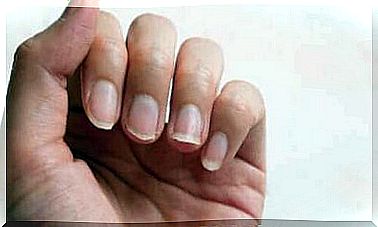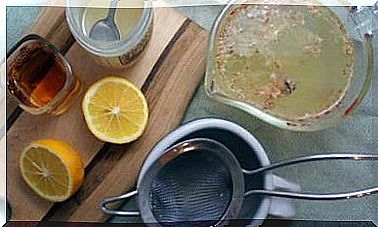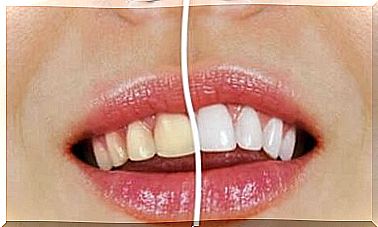What Is A Diuretic And What Is It For?

A diuretic is a substance that helps to remove water and electrolytes from the body through urine. Many people even call them “water pills.” Their action causes the kidneys to expel more sodium and water through the urine.
A diuretic thus reduces the amount of fluid circulating through our blood vessels. It therefore reduces the pressure that the blood itself exerts on the vessel walls.
While many people don’t know this, a diuretic is not necessarily a drug. In fact, many types of fresh foods have the same effect.
They are also very useful for treating many other diseases. For example, you can treat hypertension and heart failure with a diuretic. In this article we will explain everything you need to know about it and what it is used for.
How does a diuretic work?
As we mentioned above, a diuretic generally works by stimulating the kidneys to remove more electrolytes and more water through the urine. By increasing the flow of urine, it is possible to decrease the total volume of blood circulating through the blood vessels.

It is also important to know that there are different types of diuretics. The industry classifies them according to their mechanism of action. They do this to allow for a much more effective use in specific medical treatments.
A diuretic may include:
- A thiazide diuretic that prevents the kidneys from reabsorbing sodium and chlorides. It reduces its presence in the blood and fluids. These are also the only types of diuretics that can dilate blood vessels. Therefore, they are mainly used in the treatment of hypertension.
- Potassium-sparing diuretics work much the same as the above. However, these ensure that potassium does not leave the body through the urine. This is important for certain diseases caused by imbalances in potassium levels.
- The mechanism of loop diuretics is similar to thiazides. They are also usually combined. They are useful in acute treatments because of their high effectiveness in urine production.
How should you use a diuretic?
A diuretic has many purposes. First, some people use them as medicine to treat and improve certain diseases. These include, for example, heart failure.
This condition occurs when the heart cannot efficiently pump oxygenated blood to all parts of the body. As time goes by, it accumulates in certain areas.
The fluid must therefore end up in the interstitial compartment in the legs or lungs. By using a diuretic, you reduce this amount of fluid and the heart can work properly again.
Also, people use diuretics in various kidney diseases, liver diseases and for the treatment of edema. It is also important to know that they are one of the mainstays in the treatment of hypertension.
However, some people also think that diuretics help with weight loss. Unfortunately this is not true. They do help reduce fluid build-up, but they don’t burn fat.
It’s true that you look less bloated and you think you look thinner when you take them. However, keep in mind that you mainly lose fluids. Also know that there is a risk of dehydration. So do not use them without first consulting a doctor.
Types of Foods with Diuretic Properties

You should not take any medication without medical supervision, but you can add natural diuretics to your diet. They will help expel excess fluid and improve your kidney health, as long as you include them in a balanced diet.
Some of the types of foods you can use for this include:
- Celery
- beets
- pears
- cucumbers
Watermelon and asparagus can of course also fulfill this function. If you are taking diuretics, you should drink plenty of water to stay well hydrated.
Conclusion
A diuretic is a substance that helps remove more water and electrolytes through the urine. They can help reduce the total blood volume, which is very beneficial for the treatment of certain pathologies, such as hypertension.
However, you have to be careful with them as they can harm you if you use them too much. So never take them as medication without medical supervision.









